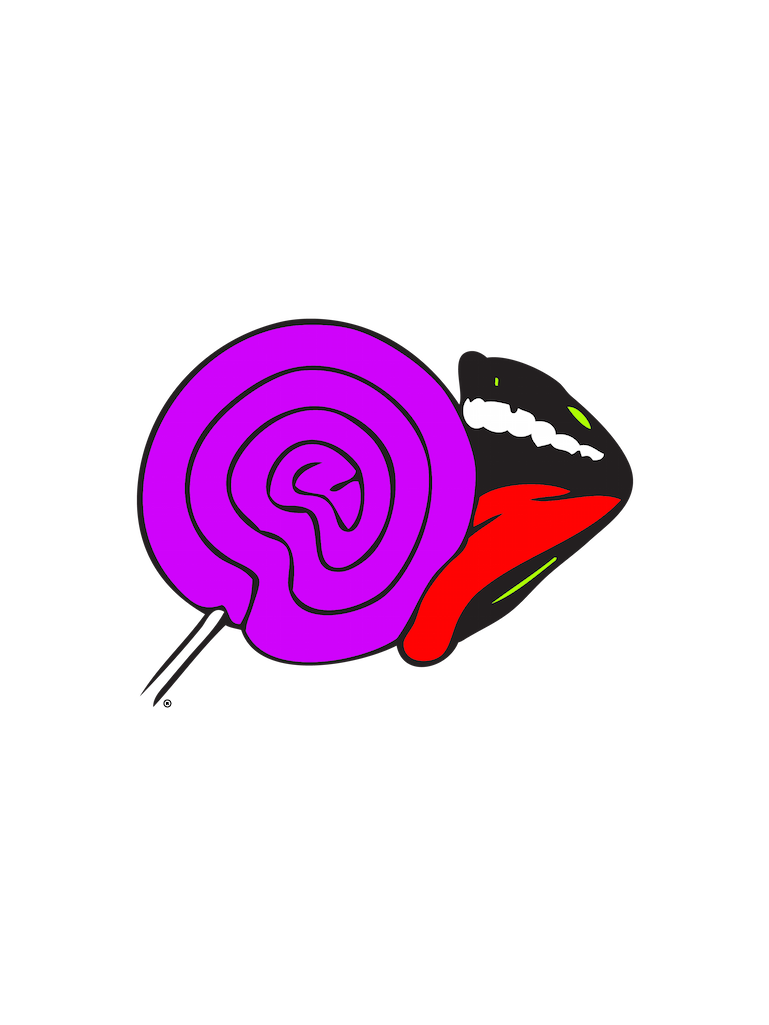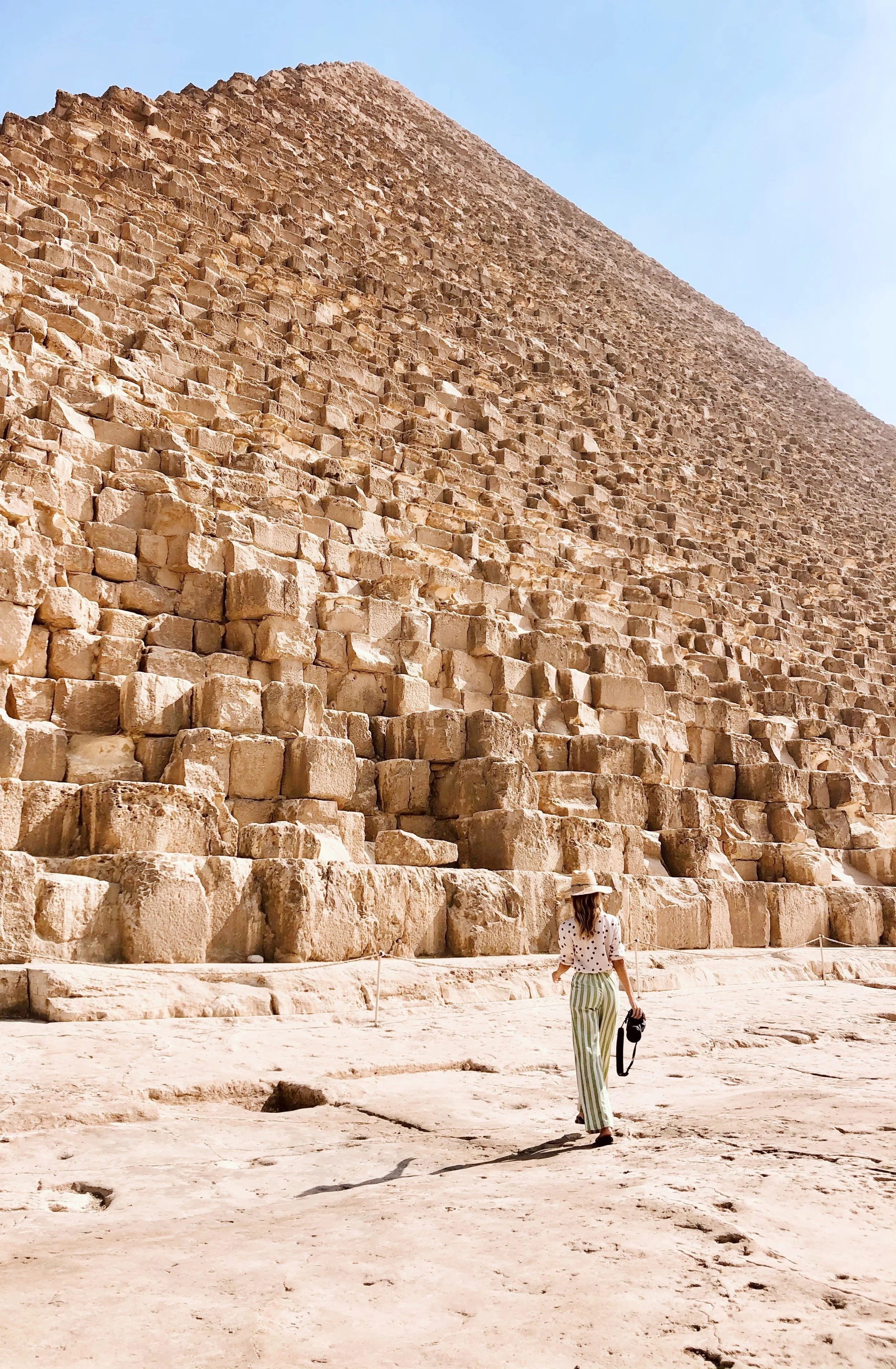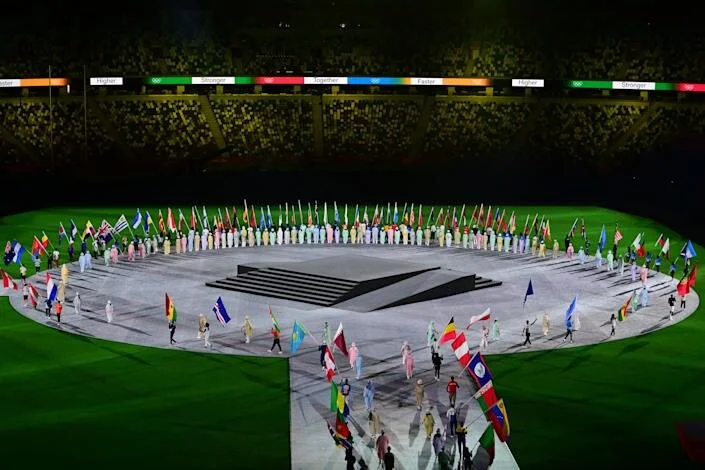Book Review: Morhaf Al Achkar's Being Authentic
Morhaf Al Achkar, MD, PHD, Author of the new memoir entitled Being Authentic is from Syria, and his hometown in that country is a city called Rastan. As a child, he frequently went to a city that's about 160 miles away from there called Aleppo, which much of the world knows as the place where The Arab Spring protests against the Syrian dictator, Bashar al Assad, cracked down on the city by taking away most of the food and essential supplies from its residents in 2011-2012.
So many of the citizens of Aleppo took to social media during that dark time declaring that there was indeed a brutal genocide going on in that part of the world. Dr. Achkar mourned for his home country, as over 50,000 civilians who were currently rebelling against the dictator were subject to field executions or being killed by huge bombings.
In this memoir, Dr. Achkar, who a few years ago was diagnosed with cancer, talks about the time when he first got to the United States and started training to become a better hands-on Medical Professional. When the revolution in Syria erupted in 2011, he was already helping so many people here in America medically.
And, even though in his heart he wanted to go back to his home, he knew that he would have had to sacrifice everything that he'd worked so hard for here in the U.S. in order to do so. But, a chance trip to Turkey in 2012 (where he spent 10 days assisting doctors shortly after his graduation), brought him alarmingly close to the border of Syria.
In the section of Dr. Achkar's memoir that he calls "Residency Training", the author recalls that nearly deadly event. He writes:
...Our little care facility was near the Syrian border. One day, there was a battle not too far away on Syrian land. The group of health care workers had to go through the border to pick up a couple of men who were injured.
It was a military checkpoint, not a crossing zone, but the Turkish soldiers let us pass....We had to get the men back to a hospital in Turkey, but the soldiers would not let us cross back over.
They pointed their automatic guns at us and ordered us not to move or we would be considered combatants...."
There were some violent times in his past, but there is also a large portion of the book where Dr. Achkar talks about his childhood, and how much he adored his mother. He had eight brothers and sisters, and always strived to do his best educationally, which is what his mother and father wanted for him the most.
He reminisces on a few times in his life where he knows that he had done wrong, and sometimes wishes that he could take those acts back. But, he has learned to live with his past mistakes, and forgive himself about them.
I think the theme of the book and the title, Being Authentic, line up well together. I say this because throughout the entire composition Dr. Achkar is always fighting internally with himself, but, during those times in his life, he talks about learning to essentially keep it real with himself. Those experiences have helped him to become a genuinely more authentic human being these days, pertaining to the decisions that he makes in order to deal with the problems and situations that have previously occurred (and that are occurring) in his life.
Also, because of the fact that Dr. Achkar has been diagnosed with cancer, he says that he feels a sense of urgency that his memoir touch the ears and hearts of people everywhere, so that they themselves feel a push to be more authentic in their own lives.
Dr. Achkar talks about times that he fell in and out of love in his life, how he argued with teachers back in grade school (being that he was one of the smartest students in the class), and about a time when he was protesting that almost got him hurt by authorities. He'd actually just got into college when the Syrian dictator Assad took control. He writes:
“I entered the university in the same year Bashar Assad rose to power after his father’s death. His message early on was about reform.
The regime loosened what had been a very tight control over society for almost 40 years. I, like many Syrians, were skeptical...
I imagined the horizons of edification would be open, but the year after I joined, they literally put a fence that encircles the whole campus....not many years later, these fences were efficient to trap protestors inside..."
Even with living through those kinds of dangerous past instances, the theme of being authentic as a human being is what stands strongest in this memoir. He even speaks of a time when he was going through his residency training where he was ashamed to ask questions, because he thought that his colleagues would think he was stupid or unskilled.
But, in the end, when he humbled himself and was honest about not knowing certain things (which made him begin to ask questions to his trainers), when it came time for him to move on to the next stage in his life, they all said in their recommendations for him that he was one of the best medical trainees they've ever had, and that he was so delightfully easy to teach!
This memoir, Being Authentic, is one that balances violence, life lessons, humility, sorrow, and victory very well, and is a wonderful read for anyone looking for clues on how to become more true to themselves in the approaching years, when this world seems to becoming more and more inauthentic as the days go by.
































